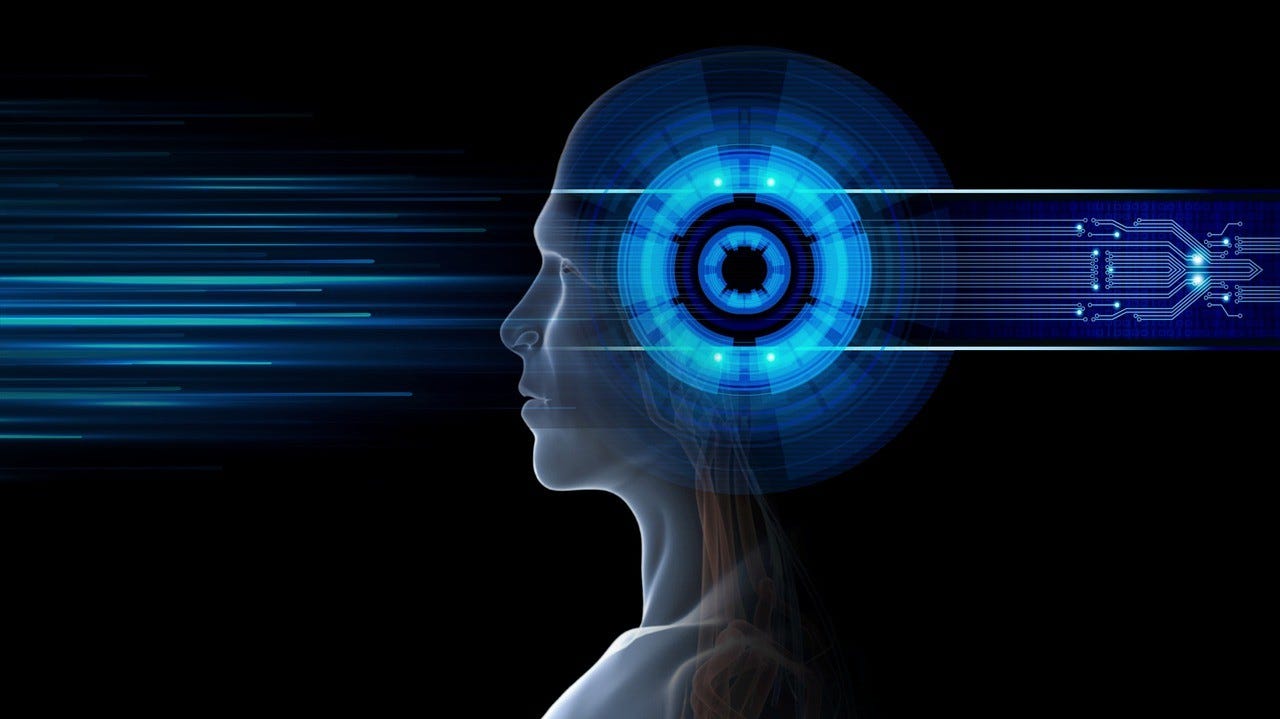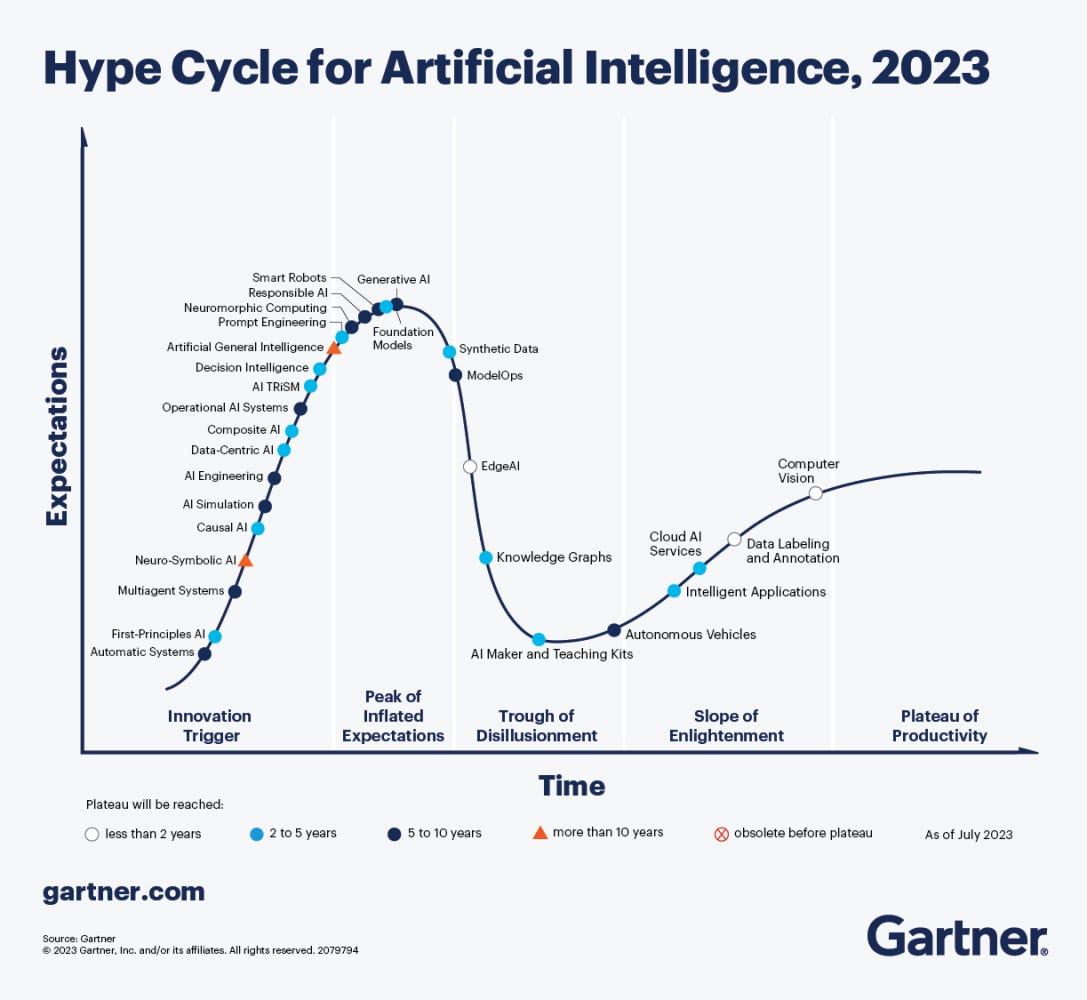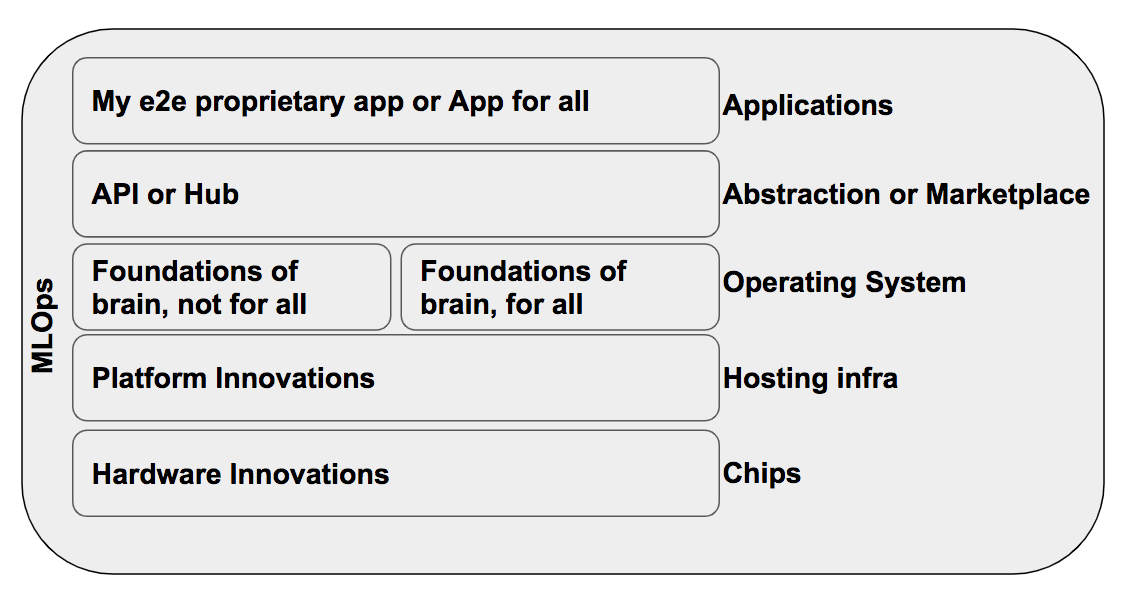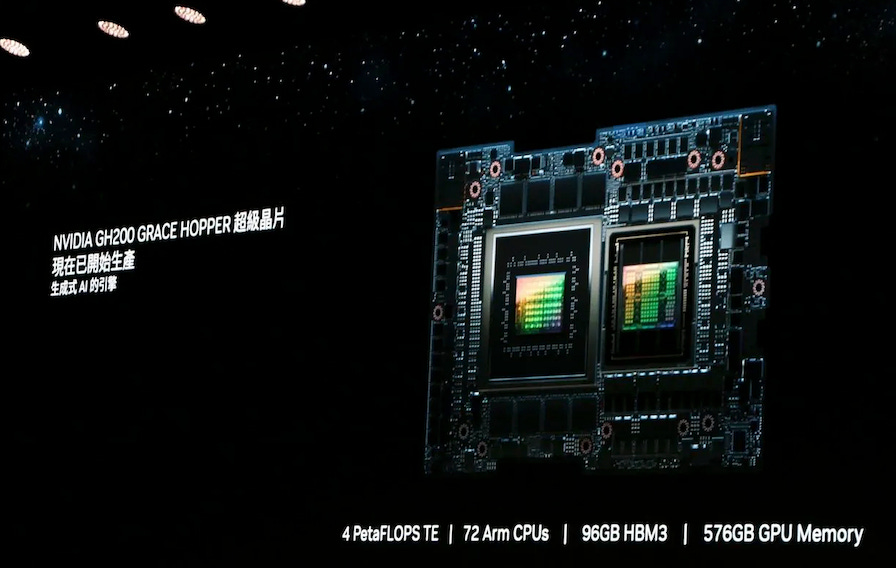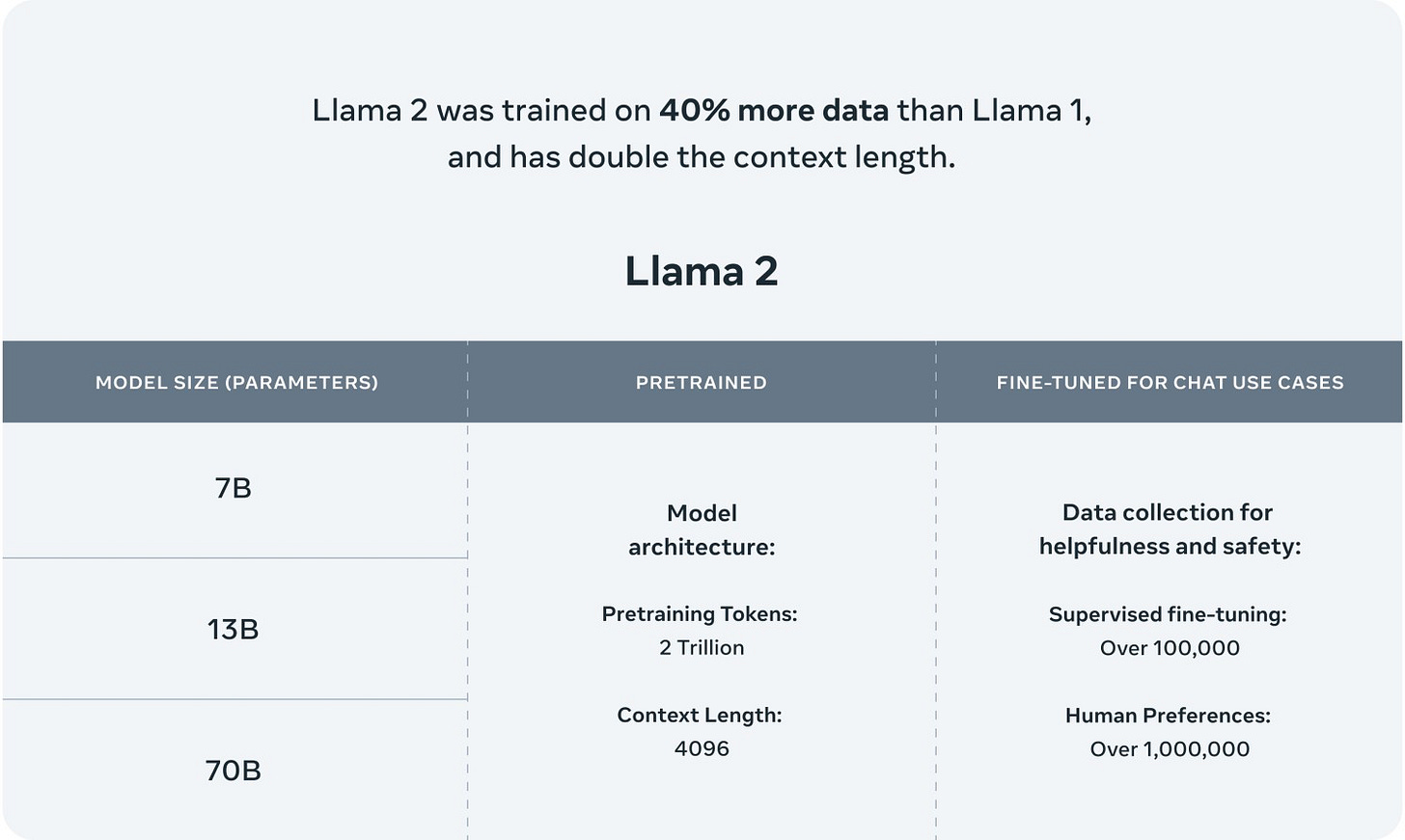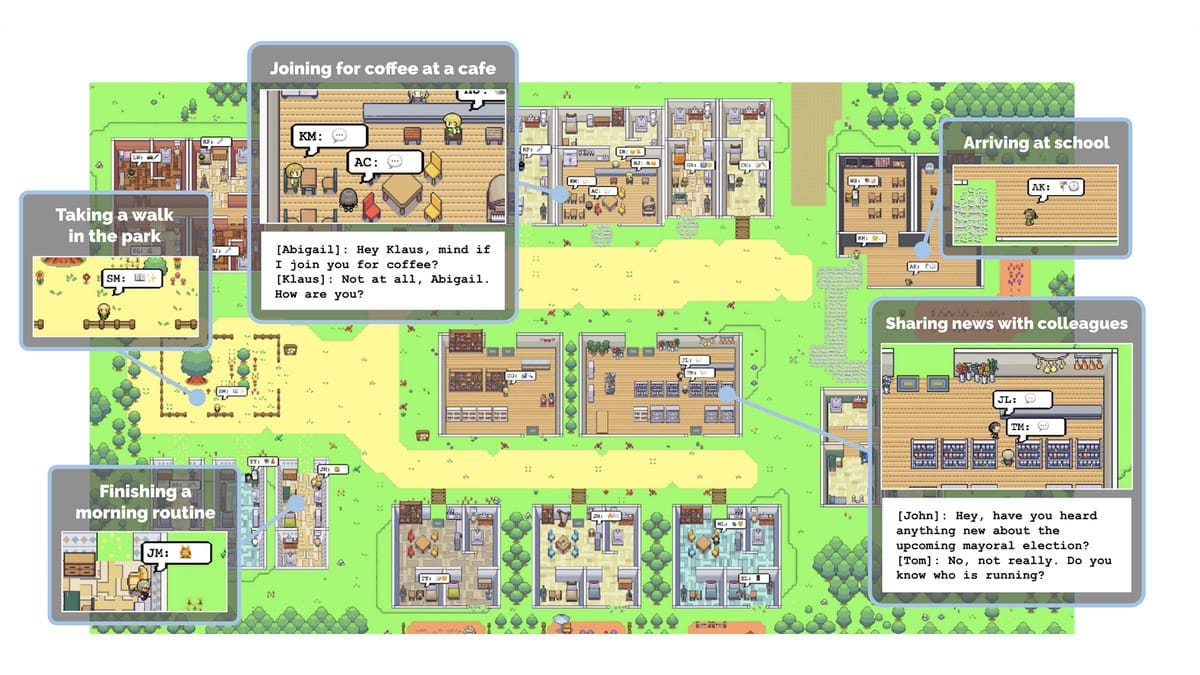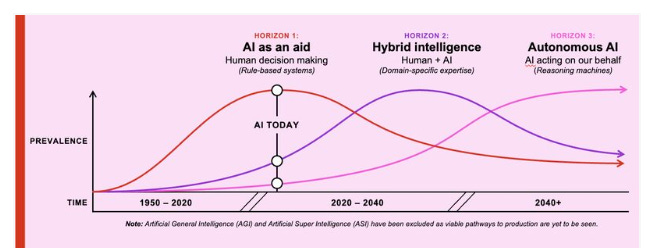Welcome - Alien Intelligence
In recent times, the world has witnessed remarkable advancements, from the vastness of space to the realm of digital entertainment. Again, human intelligence is in full control commanding machines to accomplish our missions - as seen recently..
India's Moon Marvel with Chandrayaan-3: India has once again taken a bold step in space exploration. The Pragyan rover, dispatched from the Chandrayaan-3's Vikram lander, has made its mark on the moon's elusive dark side. This $75M mission, skillfully orchestrated by the ISTRAC team from ISRO in Bangalore using the new MOX facility, is a testament to India's rising prowess in space exploration. My personal connection to ISTRAC adds a layer of pride, having seen the relentless dedication of scientists firsthand. With predictions estimating the space industry's worth at $1 trillion by 2030, India is well on its path to gaining a significant market share.
SpaceX: The Sky's No Longer the Limit: SpaceX's relentless pace continues to astonish. With a whopping 58 successful rocket launches this year, at the rate of a launch every 4 days, including 53 Falcon 9s, three Falcon Heavies, and a groundbreaking Starship launch, Elon Musk's dream of a multi-planetary species is rapidly approaching reality.
LK99 - The Superconductor Buzz: The world of material science was recently abuzz with LK99, a room-temperature superconducting marvel. Its potential to reshape industries is vast. While it remains to be seen if this innovation will stand the test of time, it's a glowing example of our constant pursuit of technological breakthroughs.
Meta's Meteoric Rise and Shift: Technology adoption can be unpredictable. Meta’s Thread, in just a week, saw a surge of 100 million users, only to settle at 23 million a few weeks later. This trajectory demonstrates that even a replication of existing technology can create unprecedented demand. The tech landscape is ever-changing, and the appetite for new digital tools remains insatiable.
The Mr. Beast Phenomenon: The digital era has birthed influencers with immense power and reach, and Mr. Beast stands as a testament. His recent "Olympics" event not only sparked controversy but also emphasized the monumental influence of social media personalities. With staggering metrics such as 100 million subscribers, 10 Billion video views and an average of 20 million views per video, he's a force to be reckoned with. And with a click of a button he can summon genZ to be a part of his missions, blindly.
For the last 40,000 years, humans have been the main species on Earth. The catalyst was the cognitive revolution, a transformative event that equipped our species with unparalleled skills. While the exact triggers of this revolution remain a subject of debate among historians, it's universally acknowledged that it enabled Homo sapiens with a unique capacity for adaptation, large-scale cooperation, and innovate. One of our best tools was language, which let us share thoughts and work together even better.
Today, despite the existence of numerous powerful mammals that might overpower an individual human in a direct confrontation, it's our collective cognitive smartness that sets us apart. This distinction is eloquently discussed by my favorite historian Yuval Noah Harari in his various books, podcasts, and articles. Harari consistently highlights the impending challenges posed by the rapid advancements in Artificial Intelligence and Machine Learning. He introduced the term "Alien Intelligence" to describe the novel form of cognition exhibited by the latest generation of AI, hinting at its potential to rival, or even surpass, the cognitive attributes that have long been the domain of Homo sapiens.
I really liked this term since it's a new form of intelligence demonstrated by machines, leveraging human intelligence and till date we don’t have a full understanding of how it's able to do it even though we created the foundation for it.
Looking back at history can teach us a lot, like understanding why Neanderthals, who were a lot like us, disappeared. With this in mind, we can think about how this "Alien Intelligence" might either compete with us or live alongside us. Our big change, the cognitive revolution, gave us three main traits that helped us become the leading species on Earth. Thanks to Harari's insights on this which helped me articulate.
Create & believe stories : We humans have a special skill. We can make up stories and get everyone to believe in them. This helps us work together in big groups. Think about money. It's just paper or numbers on a screen, but we all agree it's valuable. This idea of money, something we all made up together, lets us trade and help each other in ways no other animals can. Stories, traditions, and knowledge are passed down generations, ensuring continuity and collective memory. These shared beliefs and narratives laid the foundation for the rise of complex societal structures, from tribes to kingdoms to nations.As long as we can create stories and deliver those to convince the masses, we will have cooperation that no other species could ever do on a large scale.
Adaptability: Homo sapiens' adaptability goes beyond just physical changes. It encompasses cultural, social, and technological shifts that have allowed us to flourish worldwide. Our success in diverse environments wasn't due to drastic genetic changes but rather our cognitive abilities. We crafted tools to weather climatic challenges, analyzed edible foods from toxic ones, and built communities by sharing knowledge. Perhaps the most impactful tool we developed was language. It enabled us not only to communicate immediate needs but also to share lessons from the past, plan for the future, and articulate abstract concepts.
Ethical grounding : As humans evolved, we started understanding the importance of fairness and working together. Early on, we set simple rules like sharing and helping to keep our groups united. As we grew into bigger communities, more rules and traditions were created to guide behavior. These shared beliefs and rules helped us trust each other and live peacefully. This understanding of right and wrong played a big part in making humans the leading species on Earth.
With this backdrop, let’s look at this new Alien Intelligence(AI) revolution that has engulfed us in 2023. I have been passionately following this trend through research, self learning and experimentations and making attempts to capture my insights regularly here. Last month yet another set of waves of innovations was unleashed in the AI realm creating excitement across academia, companies reaping growth in business, VC funding redirected more into AI incubators and many more.
Gartner’s Hype Cycle for AI was published in July 2023 highlighting the innovations fueling Gen AI development and in-turn potential business transformations because of Gen AI. It’s fascinating to see predictions for the next 2 to 5 years.
To explore recent key innovations, I refer back to the framework articulated in my previous blog. With this framework, it aids me to distill my understanding as articulated below.
Hardware Innovations:
NVIDIA has become the outright winner in the GPU race with daunting 171% year over year growth in revenue with ninefold increase in profitability. Currently, close to 80% of all AI Chips sold are from NVIDIA. For upcoming quarters, its projecting to triple the level of sales compared to last year, all thanks to GenAI training needs and major buy from cloud services infrastructure providers. At 1.14 Trillion $ market cap, NVIDIA is unstoppable now! On top of this, NVIDIA has made close to 850M$ investment into four major AI startups for potential in-organic growth.
Nvidia continues to bring heat to the AI chip game. The company unveiled a new blazing-fast processor called GH200 Grace Hopper Superchip designed for massive AI models Nvidia says the cost of powering LLMs will ‘drop significantly’
Birth of MatX - a team previously responsible for Google’s TPU chips and the Palm model with the mission to “make AI better, faster, and cheaper by building more powerful hardware.
AI chip startup Tenstorrent closed a $100 million strategic financing from the likes of Hyundai and Samsung. Tenstorrent is led by top chip designer Jim Keller, who has worked at Apple, AMD, Tesla and Intel.
Anthropic, the prominent generative AI startup co-founded by OpenAI veterans, has raised $450 million in a Series C funding round led by Spark Capital.
Last month has been the era of open source contributions with floodgate opened by Meta AI research groups. This trend of unleashing pre-trained models with flexibility to further fine tune them based on custom domain specific needs, will be a game changer to driving broader adoption of Gen AI. Now, enterprises can explore Gen AI use cases with full control over the data privacy needs.
"It’s very hard to beat the intelligence of the masses”
Here are some of the innovations in the Platform, Foundational Models and Model Hub domains:
Meta AI and Microsoft have joined forces to introduce Llama 2, the next generation of Meta’s open-source large language model. Llama 2 is available for free, both for research and commercial use.
Code Llama-2 LLM got released few days back - specifically tuned for code generation, debugging etc. The 7B and 13B base and instruct models have also been trained with fill-in-the-middle (FIM) capability, allowing them to insert code into existing code, meaning they can support tasks like code completion right out of the box.
“Open-source models are faster, more customizable, more private, and … more capable. They are doing things with $100 and 13B params that Google struggles with at $10M and 540B. And they are doing so in weeks, not months.”
Single Multi-modal LLM - Meta’s one single multimodal model for the research community that performs speech to speech translation, speech to text and text to text and vice versa. All this is in one single seamless multimodal model and supports 100 languages.
OpenAI just launched fine-tuning for GPT-3.5 Turbo. This is their biggest product update which will change the future of AI applications forever. It gives you the ability to train the model on your company's data and customize it to create unique and differentiated experiences for your users. And run it at scale. Open AI is leveraging Scale AI as preferred partner.
My favorite plugin till date is on code-interpreter from Open AI. This really gives a big boost in productivity to experiment and try anything new. Not wasting in writing up any code and use this plugin to perform all the essential workflows to generate the final code. It feels like ChatGPT is thinking lot more than before. It thinks through like how human does when it makes mistakes and fixes them, apologizes first. Recently came across an excellent use case to create simulators to explain a mathematical concept. Check this out:
Google Gemini in the horizon: The goal Google Deepmind is exploring to overcome the usual limitations of large language models which is, it learns from the static text of the internet. While human intelligence is possible also with physical experiences of the world which is what Gemini is thinking of bringing into the AI models. Gemini has high expectations as it would be built leveraging the AlphaGo expertise and innovations. More here
Hugging face - the Hub for AI models and eco-systems for bringing AI applications alive has been in the news lately with additional 235M$ funding from Salesforce raising its evaluation to 4.5B$. To me, this is one amazing hub to bring open source AI models and other communities together to drive innovative solutions.
Recently came across Abacus.AI while researching the challenges of context length with open source LLM. Today many support up to 2K tokens (1500 words) as input. Giraffe is an open source LLM that is built on top of LLama-1 with extensions to increase the context length to 4K & 16K. Abacus.AI have released these models in HuggingFace for the research community to explore further. Each of these steps just overcomes the limitations for custom LLM rollouts with enterprise private data sets.
Let’s look at some of the key advancements in building applications leveraging all these innovations at the platform, infrastructure layers. While there are many to discuss, I personally found these very fascinating and demonstrating the power of these AI models.
HeyGen 2.0 released its newer Avatar creation model that is getting very close to reality now. It will become very hard for us to distinguish between real person;s video and AI Machine generated video content.Check this out
Elon Musk Live event with the latest release of Tesla FSD 12 demonstrated the power of self-learning and decision making by the AI models inference locally in the Car on that constrained compute resources. 36 fps with 8 cameras providing all the inputs to make real time decisions just like how a human would do. Even though the models were never coded to handle say round-about or bicyclist crossing, the model was smart enough to learn based on immense car driving data sets used in training. This is the closest real-life AI application proving machine intelligence keeping ethical considerations at the top of its decision making. See here
In 2023, one of the standout experiments in the GenAI field was Stanford's "Smallville," which was recently made open-source. I'd mentioned this experiment earlier this year when 25 AI Agents, powered by ChatGPT base models, were tested in a 48-hour digital simulation. These agents, given basic roles, learned about their digital world, making decisions, forming friendships, and even experiencing "romantic" connections. It was fascinating to watch them interact, showcasing behaviors that were collaborative and, at times, quite heartwarming. While individual Large Language Models (LLMs) can show unique behaviors, multi-agent interactions are an entirely different level of complexity. This experiment hints at how groups of AIs might form something akin to a digital society.
One of the exciting possibilities this opens up is simulating financial markets using AI agents. There's talk of "Agent Based Modeling (ABM)" where AI agents simulate market behaviors, giving insights into potential market shifts. With the development of more specialized LLMs and the rumors of GPT5's release, the AI world might soon see a shift towards models that can make multiple types of decisions in various scenarios. These advancements raise the question: How might this "Alien Intelligence" one day challenge humans' dominant position on Earth?
Reflecting on the traits that made humans dominant—our ability to create and believe in stories, adaptability, and ethical grounding—we can see AI making strides in these areas. AI models now can generate stories that can easily convince humans. They've shown adaptability, as the Smallville experiment demonstrated. However, ethics is a challenging area. We've built AI to recognize our ethical standards, but they don't "feel" or "understand" these concepts as we do. They might, in time, develop their own ethical guidelines for interacting with each other and with humans.
To sum up, current GenAI models generate content based on patterns, often missing the deeper context that humans naturally grasp. But as technology evolves, these gaps might close. It's also worth watching how regulations might influence the pace of AI advancements.
I came across this interesting visualization about the potential future of AI. While I don't necessarily agree with all the timelines, the phases seem spot on. What are your thoughts? Are we already getting into Hybrid Intelligence for main stream use cases?
Are we ready to welcome this Alien Intelligence, now ?


